Big Game Animals — A Tragic Casualty of the Coronavirus
Last week, CNN published an article about the safari industry and the unique hardships it faces in light of the global pandemic. It’s a comprehensive overview that addresses logistics and financial worries, but the part that stood out to me was a comment about poaching. It may seem counter-intuitive, but the truth is that the safari industry is the only hope for big game animals. Without it, these beautiful animals may be another tragic casualty of the coronavirus.
The Impact of Poaching
The article quotes an African outfitter who said, “the longer we are not out in the wild, the longer the poaching can be without any type of constraint or without any opposition, so to speak.” It’s a telling remark that highlights the fact that hunters in the field actually protect wildlife. Without them, the poachers can kill indiscriminately — and they do.
Earlier this month, the New York Times published an article outlining a sharp uptick in poaching, warning that threatened and endangered animals are at serious risk during the pandemic. It makes sense — poachers are greatly deterred by the presence of people. And historically, this is the time of year when Africa’s private game reserves, parks, and conservancies are hosting tourists and hunters alike. The article notes that tourists, hunters, and guides are much more prevalent than rangers and law enforcement, and it’s their presence that keeps poaching numbers down. Without them, poachers have far more freedom to harm.
The Money Trail
The safari industries are the businesses paying trophy fees to the government. That money is used for anti-poaching teams to patrol the vast wild places of Africa — to a staggering degree. The Times article notes that 85 percent of 2018 funding for South Africa’s wildlife and public lands management authority came directly from source like park entry fees and trophy hunting permits. Without that money, parks are running on skeleton crews, which creates more opportunities for poaching.
It’s terribly unfortunate that it’s taken a global pandemic to make it clear that hunters and the safari industry actually protect wildlife. But the fact remains — without a speedy resolution, big-game animals are likely to be a particularly awful casualty of the coronavirus. In short, book a safari, save wildlife.


